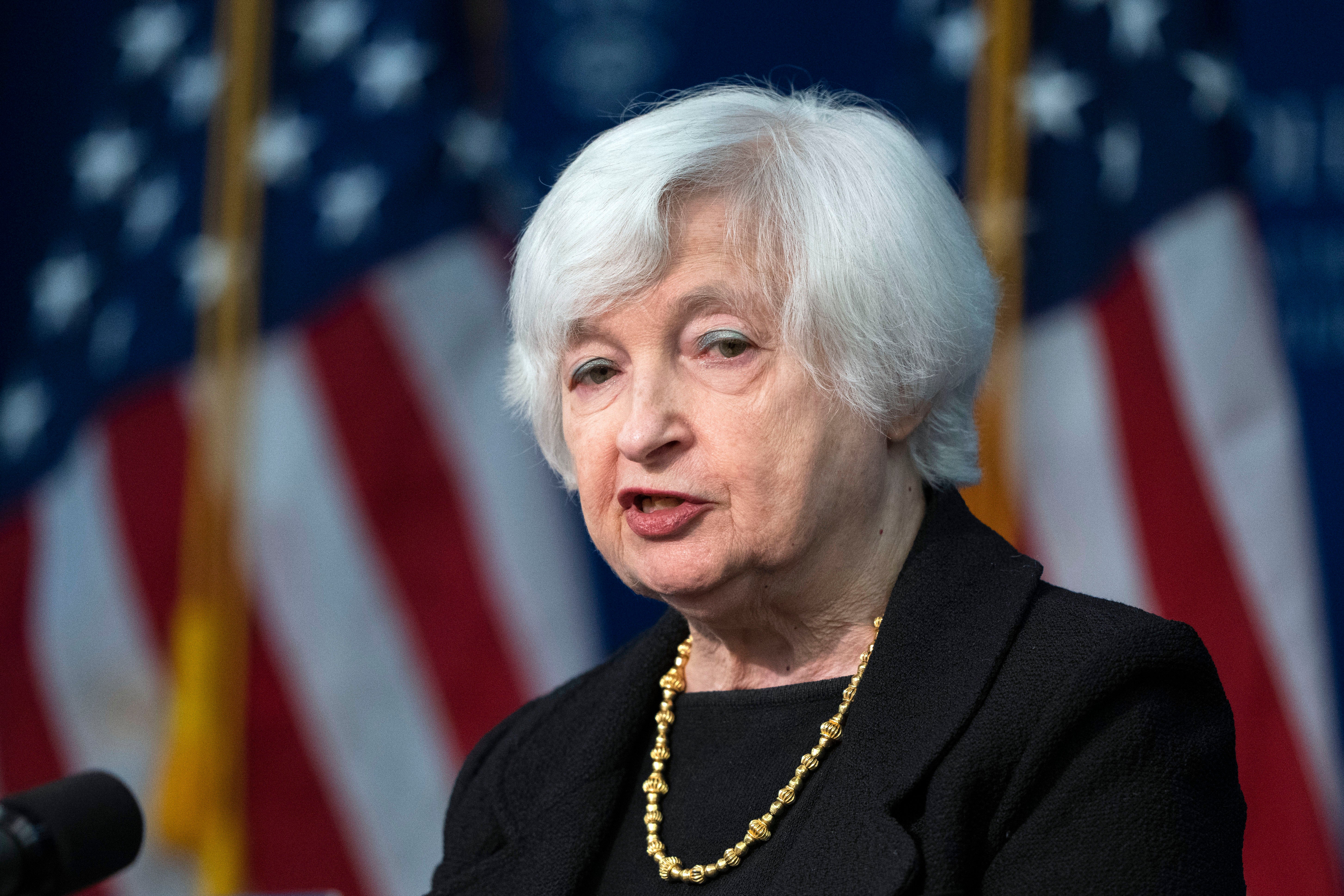US borrowing increases as standoff over debt continues
The Treasury Department said Monday it plans to increase its borrowing during the April to June quarter of this year

The Treasury Department said Monday it plans to increase its borrowing during the April to June quarter of this year, even as the federal government is close to breaching the $31.4 trillion limit on its legal borrowing authority.
The U.S. plans to borrow $726 billion during the quarter. That’s $449 billion more than projected in January, due to a lower beginning-of-quarter cash balance and projections of lower-than-expected income tax receipts and higher spending.
While Russia's invasion of Ukraine remains a burden on U.S. economic growth, Treasury officials say the debate over the debt ceiling poses the greatest risk to the U.S. financial position.
Eric Van Nostrand, acting assistant secretary for economy policy, said in a statement that “even if Congress ultimately raises the debt limit before a default occurs, the ensuing uncertainty could raise borrowing costs and induce other financial stress that would weaken our labor market and our standing in the world."
In January, Treasury Secretary Janet Yellen sent a letter to congressional leaders, stating that her department had begun resorting to “extraordinary measures” to avoid a federal government default. She said it’s “critical that Congress act in a timely manner” to raise or suspend the debt limit.
Democrats and the White House are pushing for Congress to increase the federal debt limit. President Joe Biden wants the cap raised without negotiation. The House Republican majority has most recently passed a bill to secure spending cuts in exchange for a debt limit increase.
Yellen said last week, at the Cap-to-Cap policy conference in Washington that “Congress must vote to raise or suspend the debt limit, and it should do so without conditions and it should not wait until the last minute. I believe that is a basic responsibility of our nation’s leaders to get this done.”
Bookmark popover
Removed from bookmarks